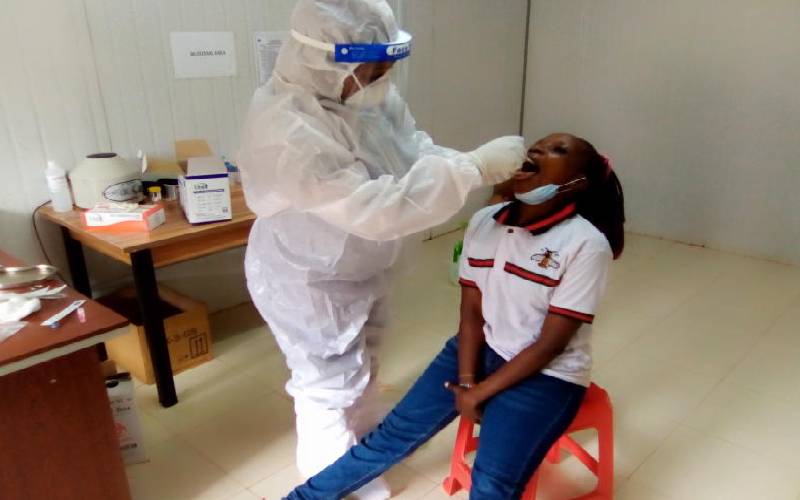×
The Standard e-Paper
Smart Minds Choose Us

Bosses, go easy on the people recommended to you for a sack. Yes, the Covid-19 pandemic is real because we know that human beings in thousands have lost their lives. The economy in many countries is in bad shape.